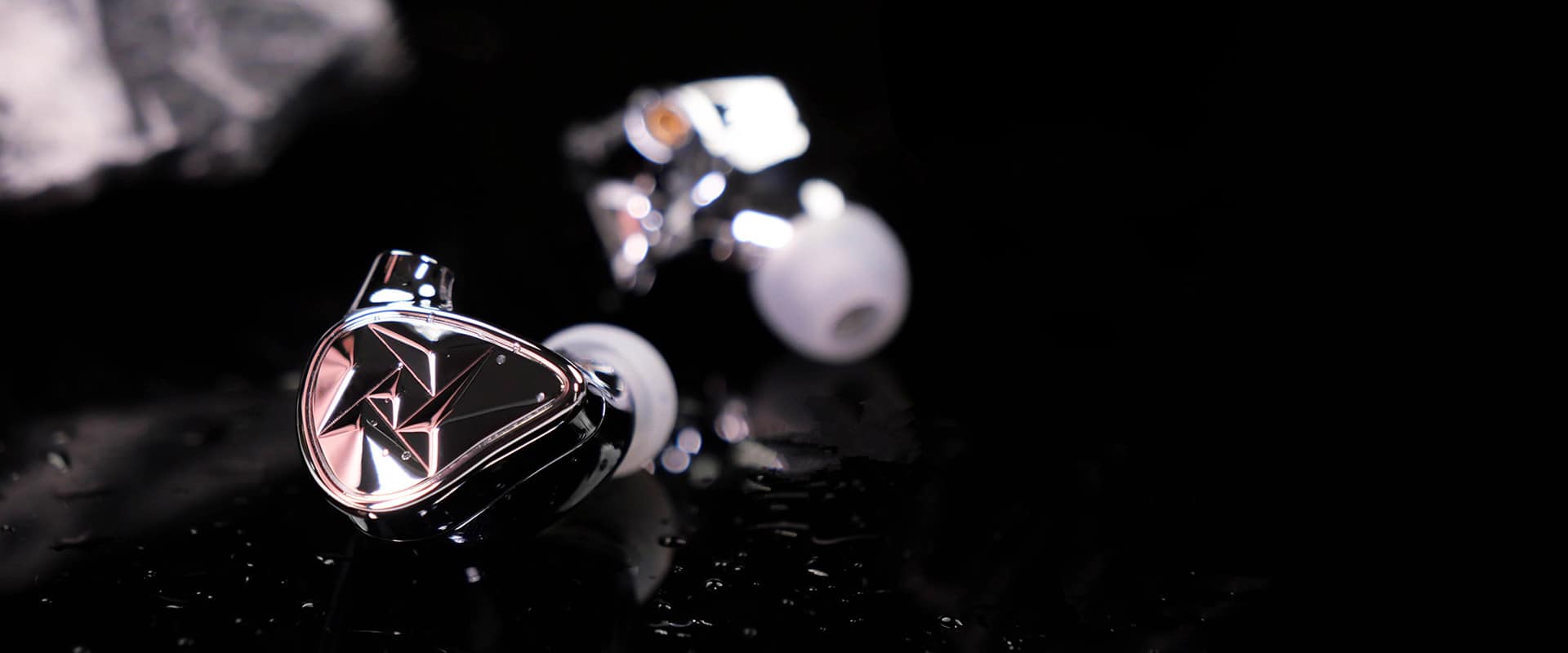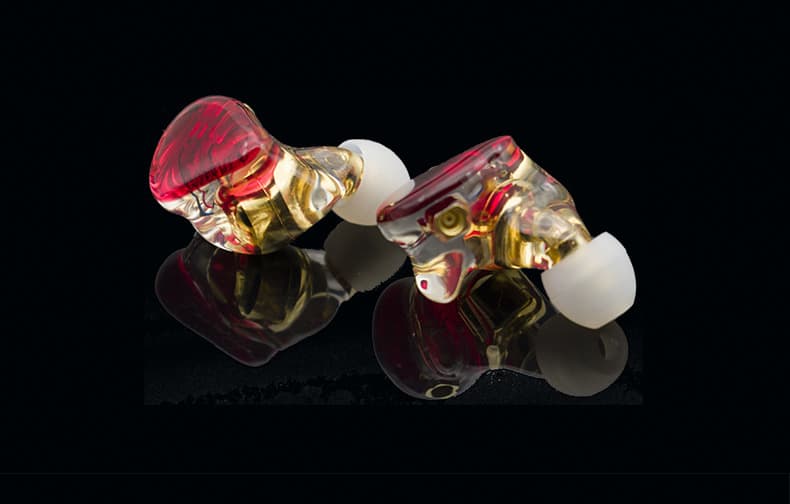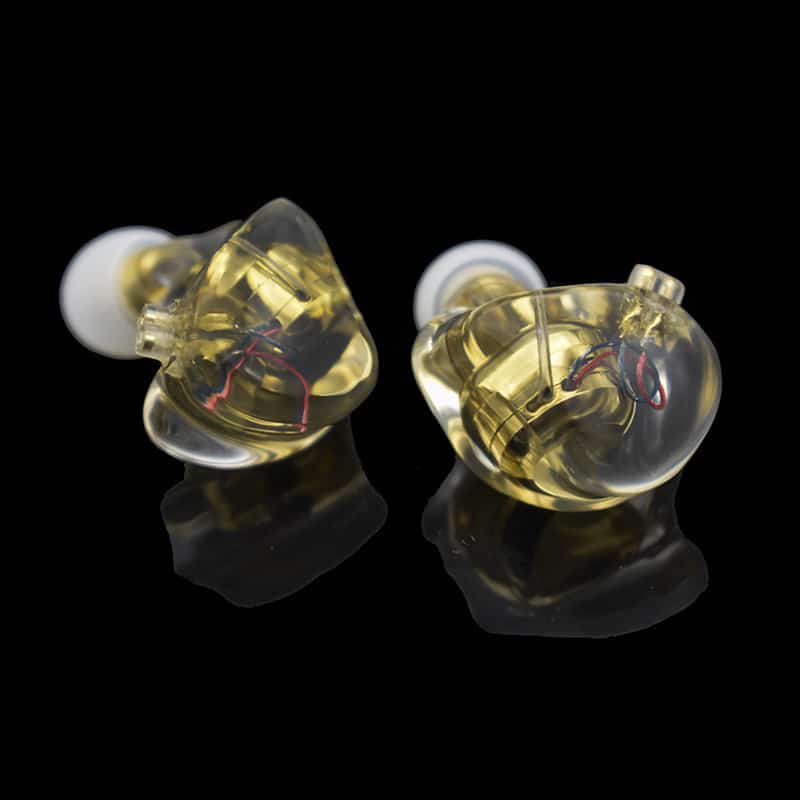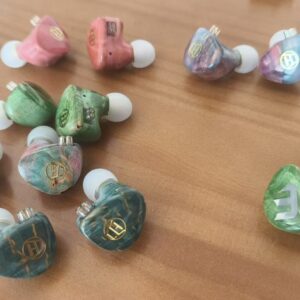High-end Premium TWS has become one of the fastest-growing segments in the audio industry. Whether you are a distributor, brand owner, or product manager looking to launch a premium wireless earbud, the core challenge is always the same:
How do you balance performance, development time, and cost—while still achieving a flagship experience?
At Digcue Technology, we develop high-end Premium TWS products for global audio brands, record labels, and audio companies.
Below is a clear, structured guide summarizing the key decisions you need to make when developing a premium TWS product — including housing structure, chipsets, drivers, and ANC limitations.
1. Housing & Charging Case Development Options
Choosing the right production method determines both the cost and the premium feel of your final product.
A) Low or Flexible MOQ — CNC / 3D Printing
For early-stage development or boutique runs, CNC machining or full 3D printing is ideal:
- Fast prototyping & sample turnaround
- Premium texture with high structural accuracy
- Allows unique shapes for improved fit and acoustic performance
This is the preferred path for brands exploring high-end, artist-edition, or limited-batch models.

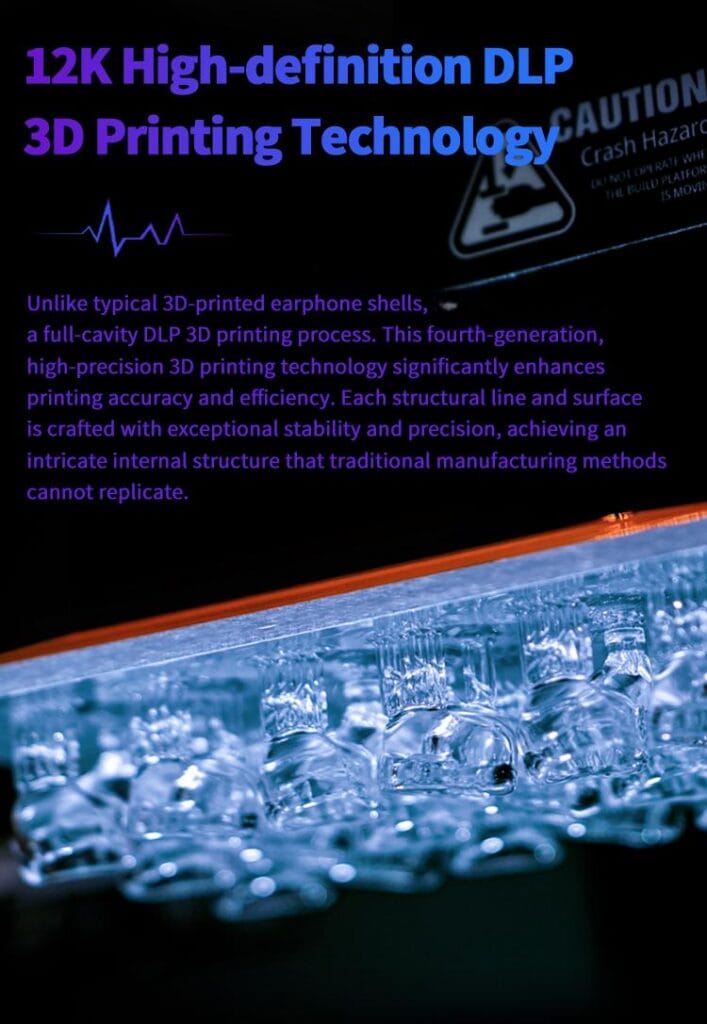
B) Stable Long-Term Volume — 3D Printing + Plastic Tooling
Once demand becomes predictable, we combine:
- 3D printing for precision cavities
- Injection molding for mass-production efficiency
This hybrid method maintains a premium look and feel while keeping production cost stable.
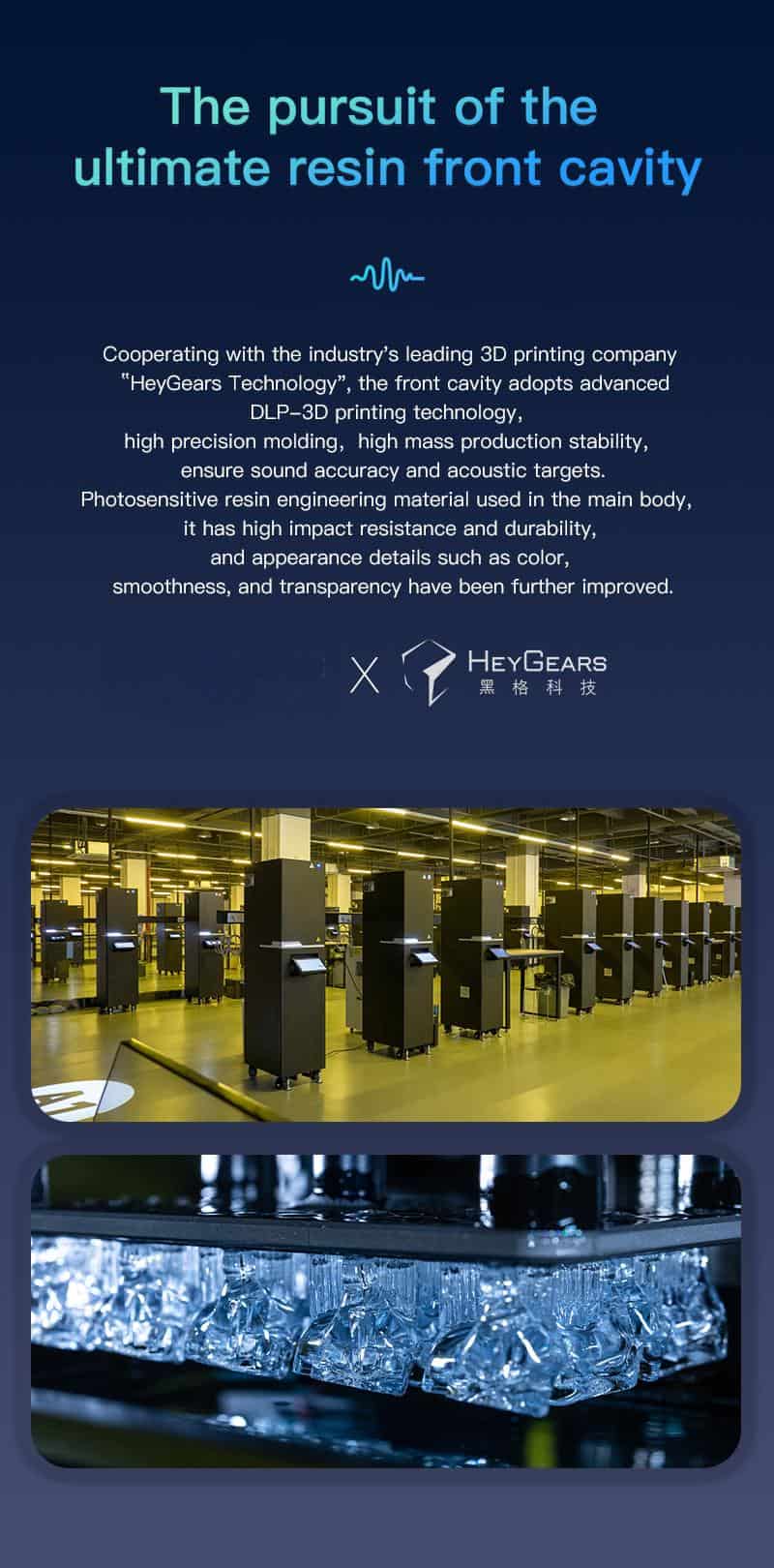
2. Choosing the Right Chipset: QCC3091 / QCC5181 + DAC
The chipset determines connection stability, Bluetooth performance, and sound processing capability.
We recommend:
▶ Qualcomm QCC3091 or QCC5181 (Latest Generation Platform)
These chipsets support:
- aptX / aptX Adaptive
- LE Audio
- Low latency processing
- High power efficiency
We have already integrated these platforms into several high-end customer projects this year.
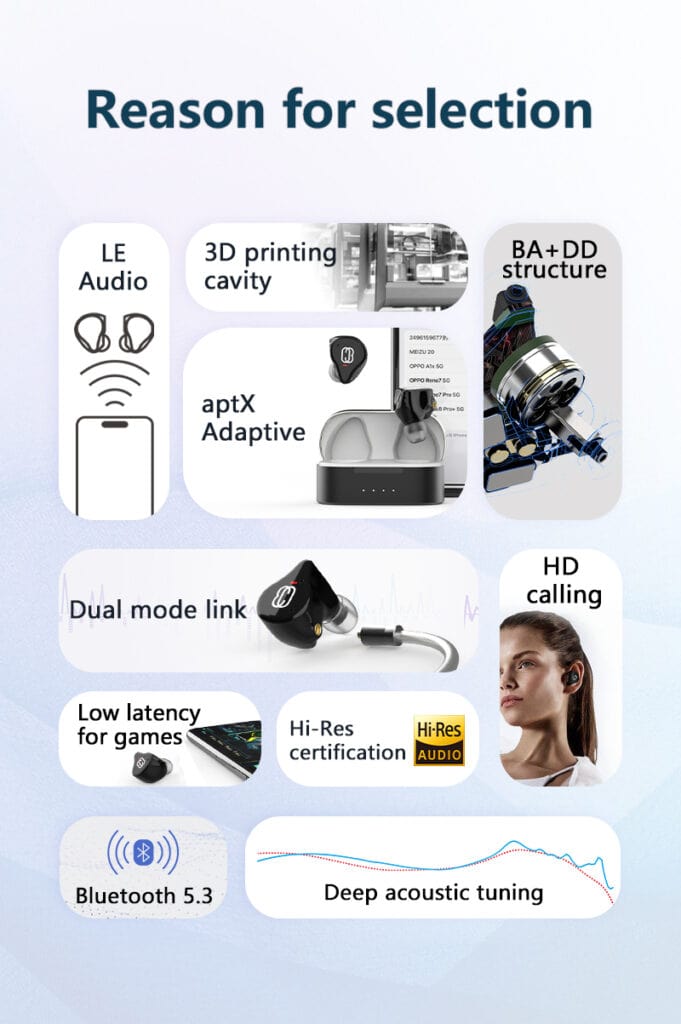
▶ Add a Dedicated DAC
For multi-driver systems, pairing the chipset with a DAC significantly improves:
- Sound resolution
- Separation
- Dynamic range
This is especially important for 1DD+BA or planar driver combinations.
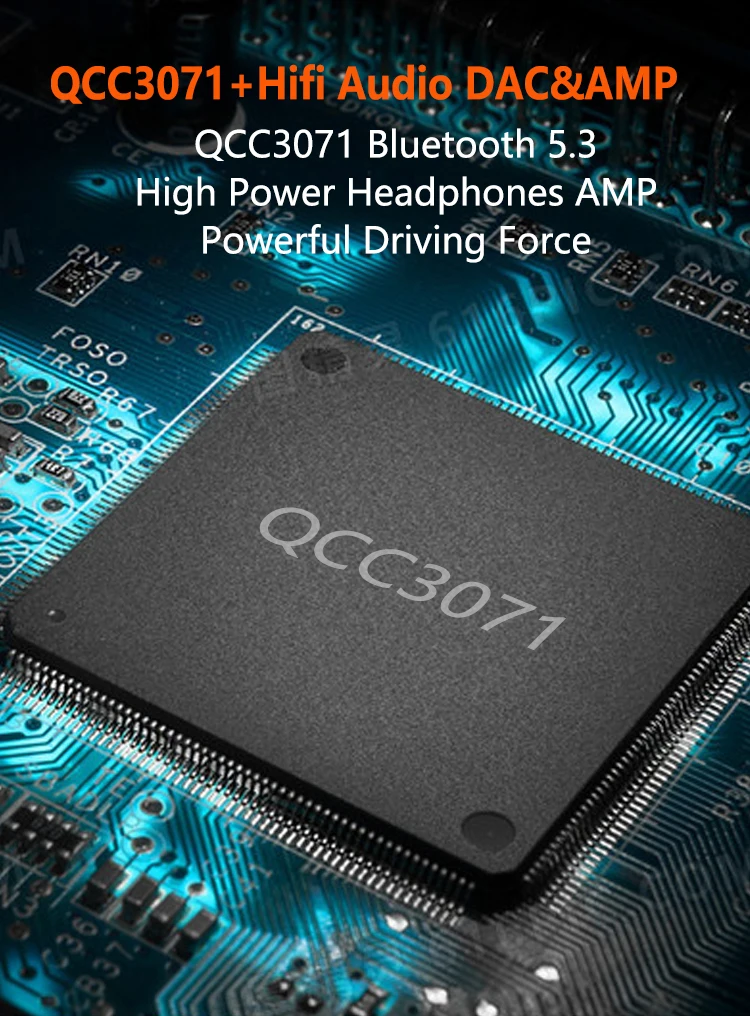
3. Driver Configuration Options
The driver structure defines the final sound signature.
You may choose:
1) 1DD + 1BA
Balanced performance, suitable for mid-range and entry-level high-end.
2) 1DD + 2BA
A clean, analytical sound signature suitable for HiFi-style tuning.
This is also the recommended configuration for ANC (see next section).
3) Add Specialty Drivers for a Unique Signature
For brands seeking a standout sound:
- Planar magnetic drivers for ultra-high detail
- PZT ultra-high-frequency drivers
- Hybrid multi-driver systems for extended resolution
We specialize in complex acoustic structures, including Dynamic + BA + PZT combinations.
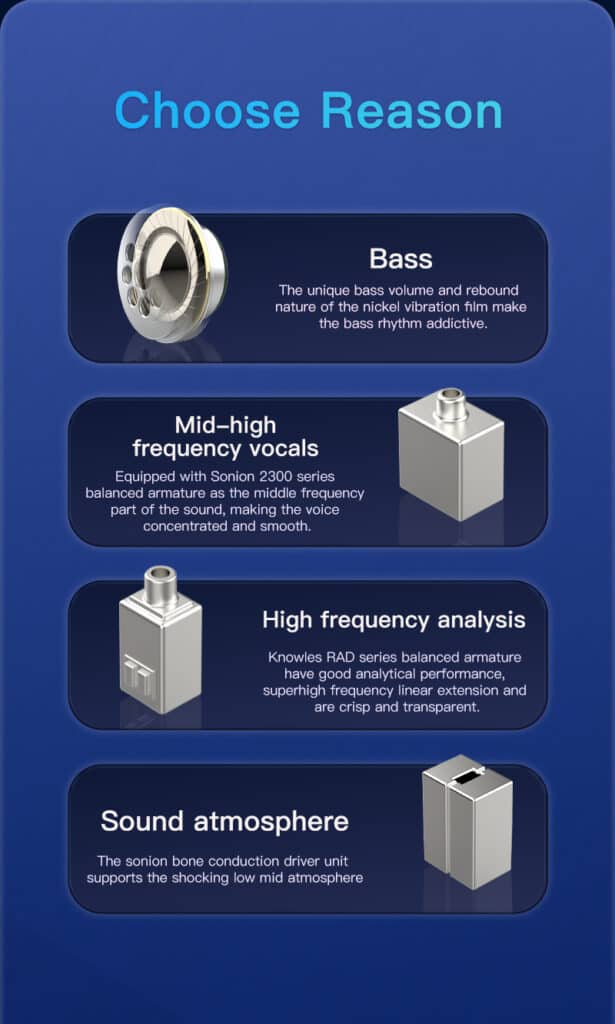
4. ANC Configuration: Important Limitations
Active Noise Cancellation requires a dedicated acoustic chamber and air compensation space.
To ensure stable ANC performance, we recommend:
▶ 1DD + 2BA as the most reliable ANC configuration
This structure offers:
- Sufficient chamber space for ANC microphones
- Stable bass performance
- Balanced acoustic tuning
More complex multi-driver layouts may affect ANC stability due to limited cavity volume.
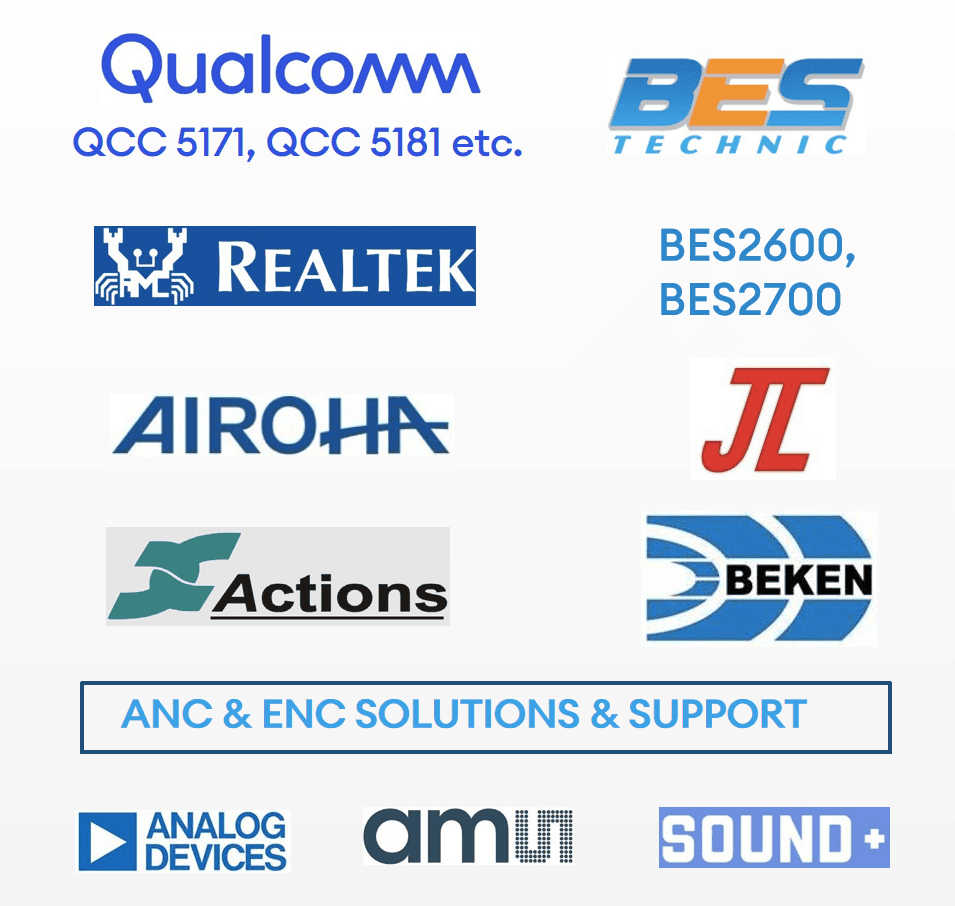
5. Summary: What a High-End Premium TWS Needs to Succeed
A premium TWS product requires four components working together:
- A precision-engineered housing for comfort and sound consistency
- A modern, high-performance chipset like Qualcomm QCC3091/QCC5181
- A multi-driver hybrid setup for a rich, HiFi-grade sound signature
- Proper ANC architectural design to maintain stability and performance
At Digcue Technology, we support brands from concept → design → acoustic tuning → engineering → production, providing flexible MOQs and full OEM/ODM capability.
If you have target specifications or price levels, we can propose a complete development plan.
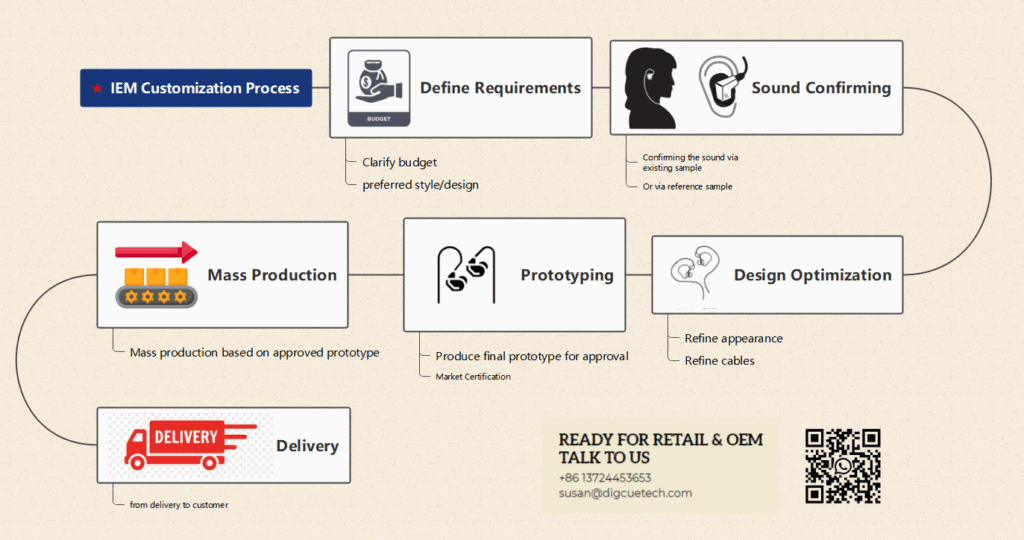
Ready to Build Your Premium TWS?
📞 Let’s discuss your project requirements.
📧 Email: susan@digcuetech.com
🌐 Website: www.digcuetech.com
🏭 Digcue Technology — Your One-Stop Audio Manufacturing Partner

